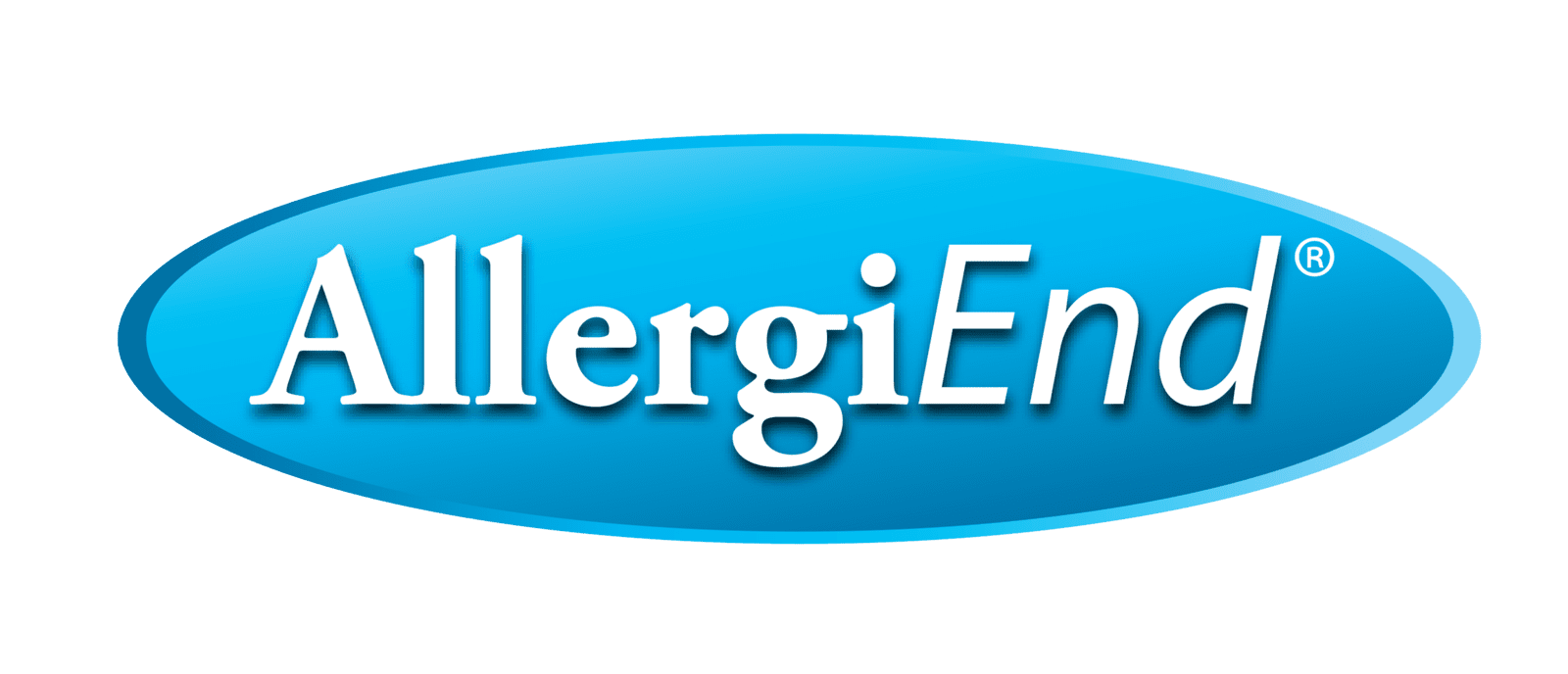
It's back-to-school time for many children across the United States. But unfortunately, while it may be an exciting time for youngsters starting a new school year, many parents find themselves anxious about their children's allergies, especially food allergies. Between classroom treats and shared lunch spaces in the cafeteria, allergic triggers loom in schools. So while many pediatricians and family medicine doctors are conducting back-to-school physicals, screening, testing, testing, and treating pediatric patients - checking in with the parent or guardian of those children regarding their anxiety surrounding these allergies is essential.
A recent study examined the emotional and mental toll on parents of children with a food allergy. In summary, the study finds that:
"Parental emotional distress and anxiety contribute to reduced health-related quality of life for children with food allergy and their families and may impact allergy management. However, it is unclear how allergists in busy specialist clinics should identify parents with food allergy-related distress who could benefit from psychosocial interventions. This systematic review characterizes the constructs of food allergy-specific distress and anxiety and points to gaps in current assessment scales. This work represents a critical first step in developing clinical tools to improve the assessment, monitoring, and management of anxiety in families living with food allergies."
So what can physicians do?
Physicians must have the tools to screen patients (including pediatric patients) for their allergy symptoms, frequency, and severity. Other questions peel back the layers and provide insight into a patient's lifestyle, mental health, and more. AllergiEnd® and QHSLab, Inc. offer easy-to-use digital assessments completed by patients from the comfort of their homes or your waiting room before their appointment. These assessments provide physicians valuable insights through an intuitive dashboard into their patient's allergy symptoms and much more.
First, screen your pediatric patients to determine the frequency and severity of their allergy symptoms.
If pediatric patients report nasal itching, irritation, discharge, congestion, sneezing, itchy eyes, ears or palette, fatigue, or appetite changes, allergies might be to blame. Especially with the fall and winter wave of COVID looming, it's more important to get a baseline of allergy symptoms. Send them the allergy assessment from QHSLab to be completed from the comfort of your patient's home or your waiting room - plus get reimbursed for the service through CPT code 99358. The physician dashboard provides robust yet easy-to-interpret insights into individual patient and population health.
Next, test to confirm the findings in the screening.
One of the best ways to mitigate anxiety for parents and guardians is to understand what causes allergic reactions in their children. Our testing kits are FDA-cleared and thoughtfully designed for primary care and pediatric settings. Features include air-tight locking kits, the proprietary asymmetrical orientation of applicators, and alphanumeric numbering. These needle-free, virtually painless skin tests provide quick, in-office results to give your patients (and their parents) peace of mind and clarity about their allergic triggers - even the most common food triggers (and often some of the most dangerous for pediatric patients). Testing is reimbursable under CPT code 95004.
Finally, treat with immunotherapy treatments if appropriate.
Our pharmacy creates patient-specific allergy treatments shipped directly to our clients if treatment is needed. We offer two forms of immunotherapy treatments, allergen immunotherapy injections or convenient sublingual drops. In addition, physicians can treat the root causes of allergy suffering and be reimbursed by providing immunotherapy treatments through CPT code 95165.
Bonus! If you're a family practice and treat patients of all ages and stages and notice patients reporting anxiety, even from a situation like this, QHSLab offers a suite of mental health assessments that not only give physicians essential insights into a patient's stress, mental health, and more but is also a reimbursable service through proven CPT codes.
AllergiEnd® improves the quality of patients' lives by empowering non-allergist physicians, such as primary care doctors and pediatricians, with the education, knowledge, and tools necessary to provide safe, innovative, and effective allergy testing and treatment solutions directly to their patients.
Ready to get started for free? Book your consultation here.
